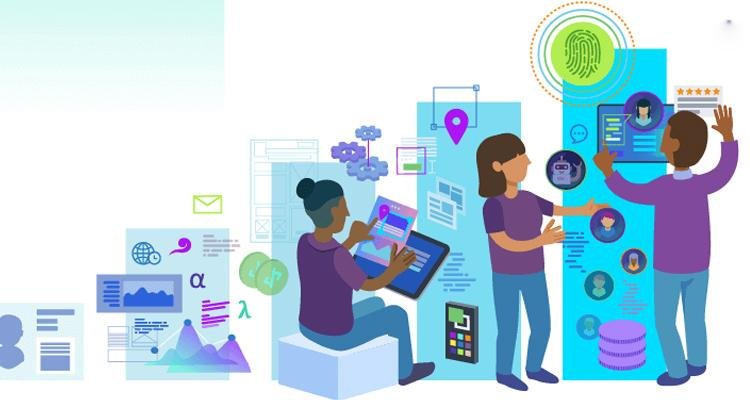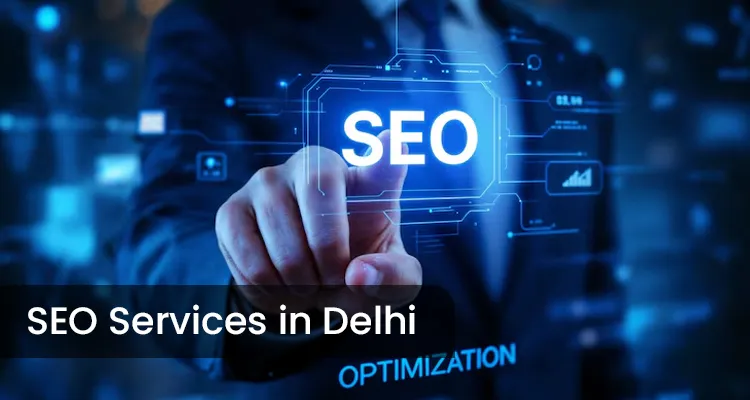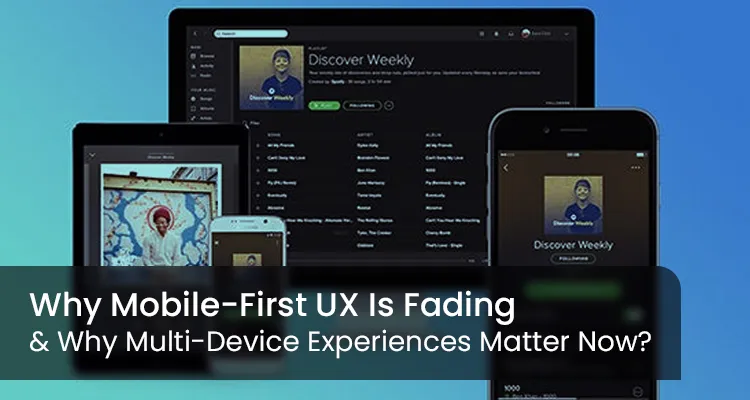The Power of Personalization: Transform Your Business Today

In today’s competitive digital world, personalization is no longer a luxury—it’s a necessity. Tailored marketing strategies allow businesses to connect with their audiences on a deeper level, leading to higher engagement, increased loyalty, and improved sales. Whether you’re a small business or an enterprise, understanding and implementing personalization can transform your marketing outcomes. In this article, we’ll explore the essence of personalized marketing, its benefits, strategies for success, and real-life examples of businesses that got it right.
What is Personalized Marketing?
Personalized marketing refers to the practice of creating customized experiences for customers by tailoring content, messages, and product offerings based on individual data insights. This approach uses information such as customer behavior, preferences, and demographics to build more relevant and engaging experiences. By understanding what a customer values or needs, businesses can deliver content that speaks directly to their interests and desires, improving the overall customer experience.
Unlike generic, one-size-fits-all marketing strategies, personalized marketing goes beyond simply addressing customers by their name. It utilizes advanced tools and technologies such as data analytics, machine learning, and AI to track user activity and gather insights. This information helps brands predict what customers are likely to buy, when they are likely to buy, and how they prefer to interact with brands. The goal is to provide tailored offers, recommendations, and content at the right time, increasing the likelihood of engagement and conversion.
In addition to driving higher engagement and conversion rates, personalized marketing plays a critical role in building trust and fostering long-term customer relationships. By offering personalized experiences, brands show customers that they are valued and understood, which can lead to greater loyalty. When customers feel that a brand “gets” them, they are more likely to return, share their positive experiences, and become advocates for the brand. Over time, this approach can significantly boost customer retention and overall business growth.
Why Personalization Matters?
Personalization is essential because customers today expect relevant experiences. According to a study by Accenture, 91% of consumers are more likely to shop with brands that provide personalized offers and recommendations. Here’s why personalization is crucial:
– Enhances Customer Experience: Tailored interactions improve satisfaction and loyalty.
– Boosts Engagement: Personalized emails have higher open and click-through rates.
– Increases Conversions: Relevant offers resonate with customers, leading to better conversion rates.
– Strengthens Brand Loyalty: Customers feel connected to brands that understand their needs.
Key Strategies for Effective Personalization
To harness the power of personalization, you need to adopt strategic approaches. Here’s how you can craft winning personalized marketing strategies:
1. Leverage Customer Data –
Customer data is the backbone of personalization. Collect data from various sources, such as website behavior, purchase history, and social media interactions. Use tools like Google Analytics or CRM software to organize and analyze this data effectively.
– Tip: Be transparent about data collection and ensure compliance with privacy regulations like GDPR.
2. Segment Your Audience –
Divide your audience into smaller segments based on shared characteristics. Common segmentation criteria include age, location, purchasing habits, and browsing history.
– Example: A fashion brand could create separate campaigns for budget-conscious shoppers and premium customers.
3. Personalize Content and Messaging –
Use the data and segmentation insights to create tailored content. Address customers by their names in emails, recommend products based on browsing history, or show location-specific offers.
– Tip: Dynamic content tools can help automate personalized messages.
4. Utilize AI and Machine Learning –
Artificial intelligence (AI) and machine learning enhance personalization by predicting customer behavior. AI-driven recommendations, like those on Netflix and Amazon, are excellent examples of how to use technology to offer value.
5. Optimize Your Website for Personalization –
A personalized website improves user experience. Show product recommendations, targeted pop-ups, or relevant blog posts based on visitor history.
– Example: An e-commerce store displaying “Frequently Bought Together” items tailored to the user’s cart.
6. Send Tailored Emails –
Email marketing remains one of the most effective personalization tools. Use personalized subject lines, product recommendations, and behavior-triggered emails to keep customers engaged.
– Example: An abandoned cart email reminding customers of their unfinished purchase.
7. Use Retargeting Ads –
Retargeting ads show personalized advertisements to users who have interacted with your website or social media. This keeps your brand top-of-mind and encourages conversions.
– Tip: Ensure retargeting ads are non-intrusive and relevant to the user’s interest.
Measuring the Success of Personalization
To ensure your personalization efforts are paying off, track the following metrics:
– Engagement Rates: Measure email open rates, click-through rates, and time spent on personalized content.
– Conversion Rates: Monitor how personalized campaigns impact sales.
– Customer Retention: Track repeat purchases and overall customer loyalty.
– Return on Investment (ROI): Calculate the financial benefits of your personalized marketing campaigns.
Real-Life Examples of Successful Personalization
1. Amazon :- Amazon’s recommendation engine is a classic example of personalization. By analyzing purchase history and browsing behavior, Amazon provides tailored suggestions, driving up sales.
2. Netflix :- Netflix curates personalized viewing recommendations based on watch history, ratings, and preferences. This keeps users engaged and reduces churn rates.
3. Spotify :- Spotify’s “Discover Weekly” playlist uses AI to curate songs based on listening habits, creating a unique experience for each user.
Challenges of Personalization
While the benefits are immense, personalization comes with challenges:
– Data Privacy Concerns: Customers are wary of how their data is used. Transparent policies and robust security measures are essential.
– Technical Complexity: Implementing advanced personalization strategies requires skilled teams and tools.
– Balancing Personalization and Automation: Over-automation can make personalization feel impersonal. Strive for a balance between technology and human touch.
Future of Personalized Marketing
As technology advances, the scope for personalization continues to grow. AI, augmented reality (AR), and virtual reality (VR) are shaping the future of marketing. Imagine customers trying products virtually or receiving hyper-personalized offers in real-time!
Conclusion
In conclusion, personalized marketing has become an essential tool for modern businesses, shifting the focus from broad, one-size-fits-all campaigns to strategies that speak directly to the individual. With the vast amounts of data available, companies can now tailor their marketing efforts to meet specific needs and desires, creating deeper connections with customers. This approach not only fosters customer loyalty but also increases conversion rates by delivering the right message at the right time, making each customer feel valued and understood.
As the business landscape becomes increasingly competitive, adopting personalized marketing strategies is no longer a choice but a necessity. By embracing data-driven insights and creating customized experiences, brands can stand out in a crowded marketplace. Companies that prioritize personalization are better positioned to drive long-term success, build stronger customer relationships, and ultimately transform into customer-centric powerhouses. The future of marketing lies in personalization, and those who adopt it will see measurable results and sustained growth.
Content written by-Tanya
Tanya is part of the expert content marketing team at ITCombine. She has an expertise of curating meaningful information that can be used by visitors in general. Tanya is also involved in creating Client specific stories and blogs.
Copyright © 2025 - itcombine.com.
All Rights Reserved.








